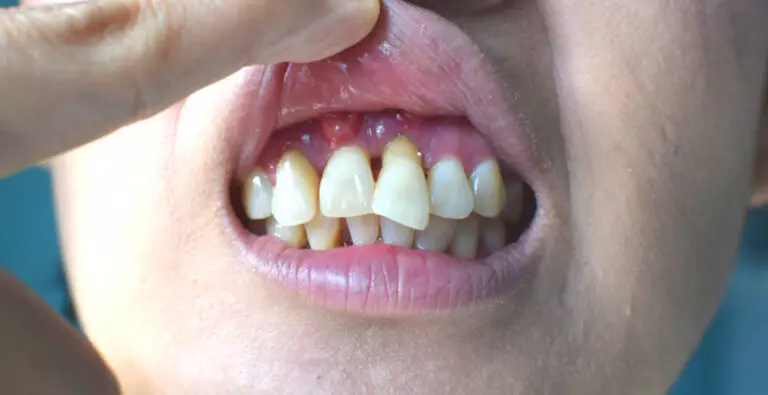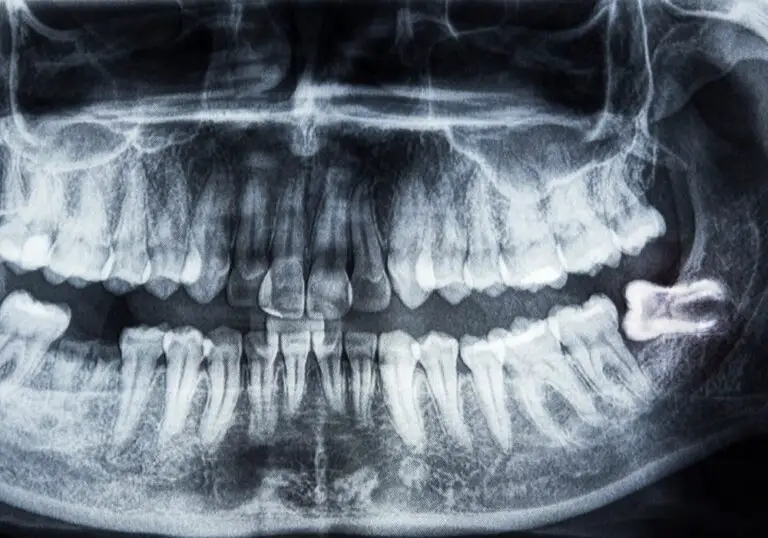As you age, your teeth may become weaker and more susceptible to damage. Losing teeth can be a frustrating and even embarrassing experience, but there are steps you can take to prevent it. By maintaining good oral hygiene habits and making lifestyle changes, you can help keep your teeth healthy and strong as you get older.
One of the most important things you can do to prevent tooth loss is to practice good oral hygiene. This means brushing your teeth at least twice a day with fluoride toothpaste, flossing daily, and visiting your dentist regularly for cleanings and checkups. It’s also important to avoid habits that can damage your teeth, such as smoking or chewing tobacco, grinding your teeth, and eating sugary or acidic foods and drinks.
In addition to good oral hygiene, there are other steps you can take to keep your teeth healthy as you age. Eating a balanced diet that is rich in calcium and other nutrients can help keep your teeth strong and healthy. You may also want to consider using a mouthguard if you play sports or grind your teeth at night. By taking these steps, you can help prevent tooth loss and keep your smile looking healthy and beautiful for years to come.
Understanding the Aging Process and Oral Health
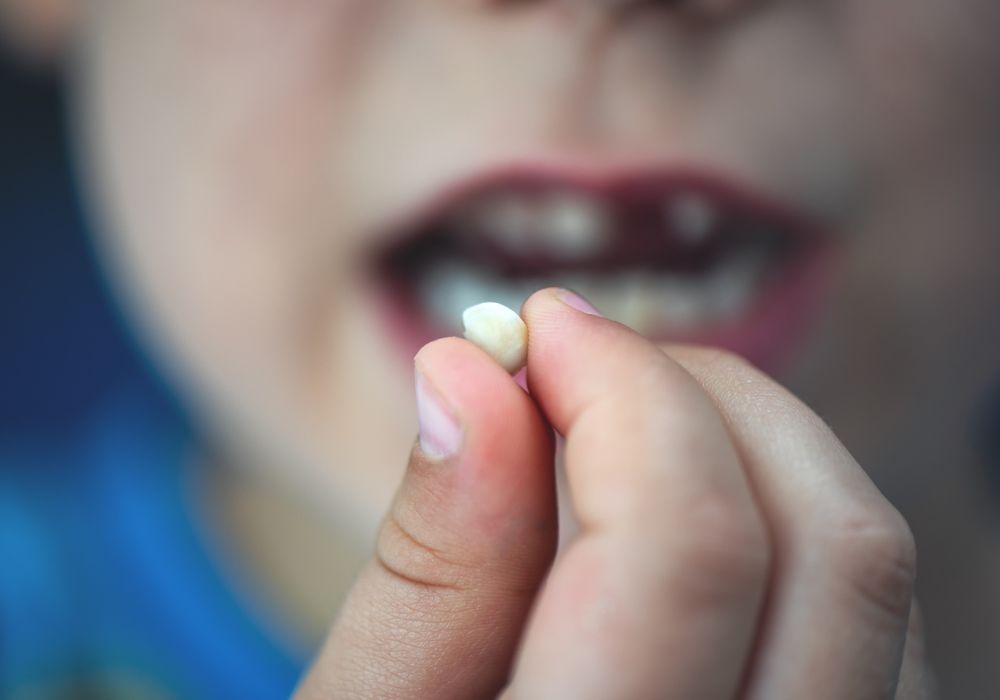
As you age, your body undergoes several changes, and your oral health is no exception. The aging process affects your teeth, gums, and other parts of your mouth, making them more susceptible to various dental problems. Understanding the changes that occur in your mouth as you age can help you take better care of your oral health and prevent tooth loss.
Changes in Teeth
As you grow older, your teeth become more brittle and prone to damage. Tooth enamel, the hard, protective layer that covers the teeth, wears down over time, making your teeth more vulnerable to decay and damage. Additionally, the roots of your teeth may become exposed as your gums recede, which can lead to sensitivity and an increased risk of cavities.
Changes in Gums
Gum disease is a common problem among older adults, and it can lead to tooth loss if left untreated. As you age, your gums may begin to recede, exposing the roots of your teeth and making them more susceptible to decay. Additionally, your gums may become more sensitive, making it more difficult to brush and floss properly.
Changes in Saliva Production
Saliva plays a crucial role in maintaining good oral health by washing away food particles and neutralizing harmful acids in the mouth. However, as you age, your body produces less saliva, which can lead to dry mouth. Dry mouth can cause a host of dental problems, including tooth decay, gum disease, and bad breath.
Changes in Diet
As you age, your diet may change, and you may consume more soft, processed foods that are high in sugar and low in nutrients. This can increase your risk of tooth decay and other dental problems. Additionally, certain medications that are commonly prescribed to older adults can cause dry mouth, which can exacerbate dental problems.
To prevent tooth loss and maintain good oral health as you age, it’s important to take good care of your teeth and gums. Brush and floss regularly, eat a healthy diet, and visit your dentist regularly for checkups and cleanings. With proper care, you can keep your teeth healthy and strong for a lifetime.
Maintaining Proper Oral Hygiene
Proper oral hygiene is essential to prevent tooth loss with age. Here are some tips to keep your teeth healthy and strong:
Regular Brushing
Brush your teeth at least twice a day using a fluoride toothpaste. Use a soft-bristled toothbrush and brush for at least 2 minutes. Make sure to brush all surfaces of your teeth, including the front, back, and chewing surfaces. Brush your tongue as well to remove bacteria and freshen your breath.
Flossing
Flossing is just as important as brushing. It removes food particles and plaque from between your teeth and under the gumline. Use about 18 inches of floss and wrap it around your fingers. Gently slide the floss between your teeth and curve it around each tooth in a C-shape. Make sure to use a fresh section of floss for each tooth.
Regular Dental Check-Ups
Visit your dentist at least twice a year for a check-up and cleaning. Your dentist can detect any problems early on and prevent them from getting worse. They can also remove plaque and tartar buildup that you may have missed with brushing and flossing. Your dentist can also give you tips on how to improve your oral hygiene routine.
By following these tips, you can maintain proper oral hygiene and keep your teeth healthy and strong as you age.
Nutrition and Oral Health
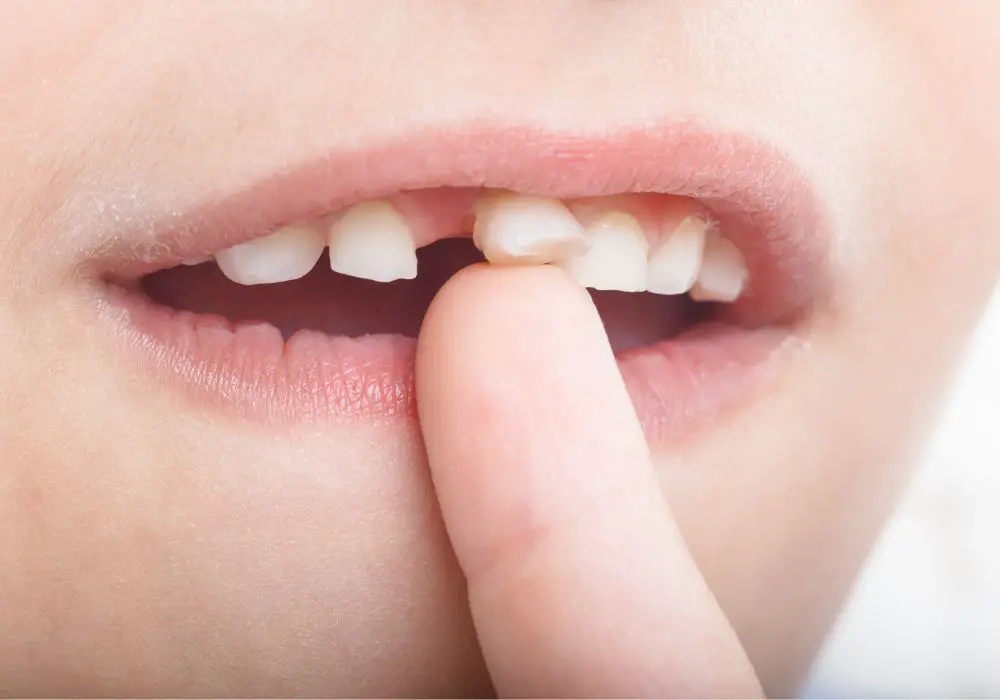
Maintaining proper nutrition is essential for overall health, including oral health. What you eat and drink can affect the health of your teeth and gums. Here are some tips to help you maintain a healthy diet for good oral health.
Eating a Balanced Diet
Eating a balanced diet is essential for good oral health. Your diet should include a variety of foods from all the food groups, including:
- Fruits and vegetables: These foods are rich in vitamins and minerals that help keep your teeth and gums healthy.
- Whole grains: Whole grains are a good source of fiber, which helps keep your teeth and gums healthy.
- Lean protein: Lean protein sources, such as chicken, fish, and beans, provide the nutrients your body needs to maintain healthy teeth and gums.
- Dairy: Dairy products, such as milk, cheese, and yogurt, are rich in calcium, which helps keep your teeth strong.
Limiting Sugar Intake
Sugar is a major contributor to tooth decay. When you eat or drink sugary foods and drinks, the sugar combines with bacteria in your mouth to form acid. This acid can erode your tooth enamel and lead to cavities. To reduce your risk of tooth decay, limit your intake of sugary foods and drinks, including:
- Candy and sweets
- Soda and other sugary drinks
- Cookies, cakes, and other baked goods
- Fruit juice and other sweetened beverages
When you do consume sugary foods and drinks, try to do so with a meal or snack, rather than as a standalone treat. This can help reduce the amount of time the sugar is in contact with your teeth.
By following these tips, you can maintain a healthy diet that supports good oral health.
Lifestyle Choices and Oral Health
Taking care of your teeth is essential to prevent tooth loss. In addition to brushing and flossing daily, your lifestyle choices can also have a significant impact on your oral health. Here are some lifestyle choices that can help you maintain healthy teeth and gums.
Avoiding Tobacco
Smoking and using other forms of tobacco can increase your risk of gum disease and tooth loss. Tobacco use can also stain your teeth and cause bad breath. If you use tobacco, quitting can significantly improve your oral health. Talk to your doctor or dentist about resources to help you quit.
Limiting Alcohol Intake
Drinking alcohol in excess can also increase your risk of gum disease and tooth loss. Alcohol can also dry out your mouth, reducing saliva production, which can lead to tooth decay. If you choose to drink alcohol, do so in moderation and drink plenty of water to stay hydrated.
Remember, taking care of your teeth involves more than just brushing and flossing. Making healthy lifestyle choices can help you maintain healthy teeth and gums for a lifetime.
Medical Conditions and Oral Health
Your overall health can have a significant impact on the health of your teeth and gums. Certain medical conditions can increase your risk of developing oral health problems, including tooth loss. Here are a few medical conditions that can affect your oral health:
Managing Diabetes
Diabetes can increase your risk of developing gum disease, which can lead to tooth loss. High blood sugar levels can also make it harder for your body to fight off infections, including infections in your mouth. To help manage your diabetes and protect your oral health, consider the following tips:
- Monitor your blood sugar levels regularly.
- Follow a healthy diet and exercise regularly.
- Brush your teeth at least twice a day with a fluoride toothpaste.
- Floss daily to remove plaque and food particles from between your teeth.
- Visit your dentist regularly for checkups and cleanings.
Treating Osteoporosis
Osteoporosis is a condition that causes your bones to become weak and brittle. This can increase your risk of developing tooth loss and other oral health problems. To help manage your osteoporosis and protect your oral health, consider the following tips:
- Talk to your doctor about medications that can help strengthen your bones.
- Follow a healthy diet rich in calcium and vitamin D.
- Consider taking supplements if necessary.
- Practice good oral hygiene by brushing and flossing regularly.
- Visit your dentist regularly for checkups and cleanings.
Remember, taking care of your overall health can help protect your teeth and gums. If you have any questions or concerns about your oral health, be sure to talk to your dentist or doctor.
Oral Health Products
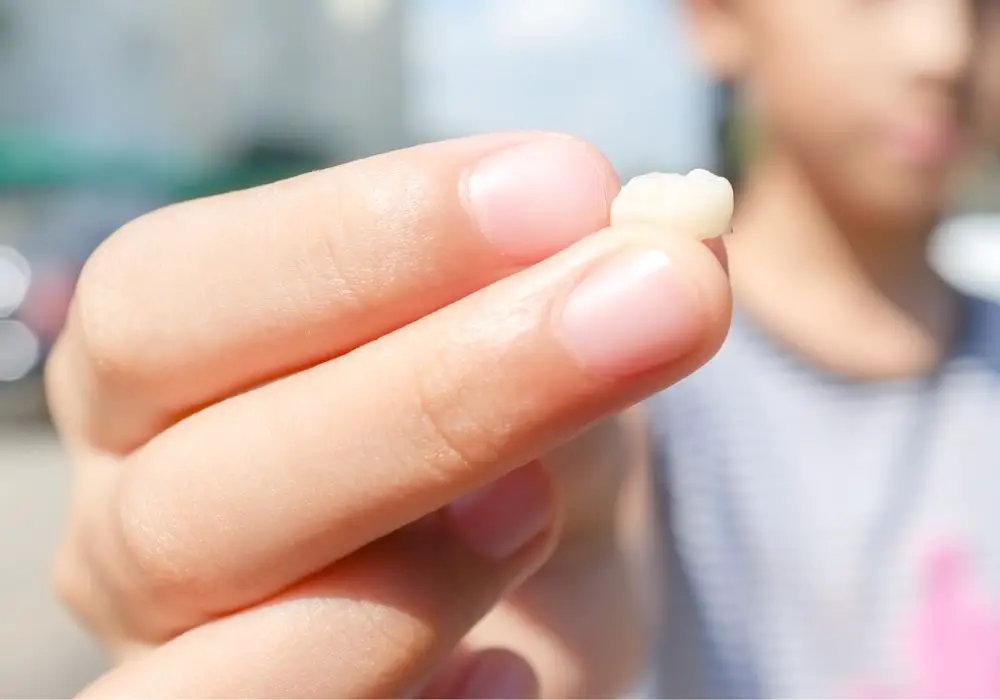
Taking care of your teeth is an important part of maintaining good oral health, and using the right oral health products can help prevent tooth loss as you age. Here are some tips on choosing the right toothpaste and using mouthwash to help keep your teeth healthy and strong.
Choosing the Right Toothpaste
When choosing a toothpaste, look for one that contains fluoride. Fluoride helps to rebuild the mineral crystals in tooth enamel, which can help prevent tooth decay and cavities. Some toothpastes also contain other ingredients, such as baking soda or hydrogen peroxide, which can help whiten teeth and freshen breath.
If you have sensitive teeth, look for a toothpaste specifically designed for sensitive teeth. These toothpastes contain ingredients that help to block the pain associated with sensitive teeth, such as potassium nitrate or strontium chloride.
Using Mouthwash
Mouthwash can be a helpful addition to your oral health routine, but it should not be used as a substitute for brushing and flossing. Mouthwash can help kill bacteria in the mouth and freshen breath, but it cannot remove plaque or food particles from the teeth.
When choosing a mouthwash, look for one that contains fluoride. This can help strengthen tooth enamel and prevent tooth decay. Some mouthwashes also contain antibacterial ingredients, such as cetylpyridinium chloride or chlorhexidine, which can help kill bacteria in the mouth.
To use mouthwash, swish it around in your mouth for at least 30 seconds, then spit it out. Do not swallow mouthwash, as it can be harmful if ingested.
By using the right oral health products, such as fluoride toothpaste and mouthwash, you can help prevent tooth loss as you age. Remember to brush and floss regularly, and visit your dentist for regular checkups and cleanings.
Frequently Asked Questions
What are some ways to maintain healthy teeth as you age?
As you age, it’s important to maintain good oral hygiene habits to keep your teeth healthy. Brush your teeth twice a day with fluoride toothpaste and floss daily to remove plaque and prevent gum disease. Avoid sugary and acidic foods and drinks that can erode tooth enamel. Visit your dentist regularly for check-ups and cleanings.
What can I do if my teeth are falling out?
If your teeth are falling out, it’s important to see your dentist as soon as possible. They can evaluate the cause and recommend treatment options, such as dental implants, dentures, or bridges, to replace missing teeth.
How can I prevent my teeth from shrinking?
As you age, your teeth may appear to shrink due to gum recession. To prevent this, practice good oral hygiene habits and visit your dentist regularly for cleanings. If you have severe gum recession, your dentist may recommend gum graft surgery.
What is the most common cause of tooth loss in older adults?
The most common cause of tooth loss in older adults is gum disease, also known as periodontal disease. This is an infection of the gums and bone that support the teeth. Gum disease can be prevented by practicing good oral hygiene habits and visiting your dentist regularly.
Is it normal for teeth to fall out as you age?
It’s not normal for teeth to fall out as you age. However, if you have poor oral hygiene habits, gum disease, or other dental problems, you may be at risk for tooth loss.
Can anything be done to prevent loose teeth from falling out?
Yes, there are several things you can do to prevent loose teeth from falling out. Practice good oral hygiene habits, avoid smoking and tobacco use, eat a healthy diet, and visit your dentist regularly for check-ups and cleanings. Your dentist may also recommend treatment options, such as gum graft surgery or dental implants, to prevent loose teeth from falling out.

